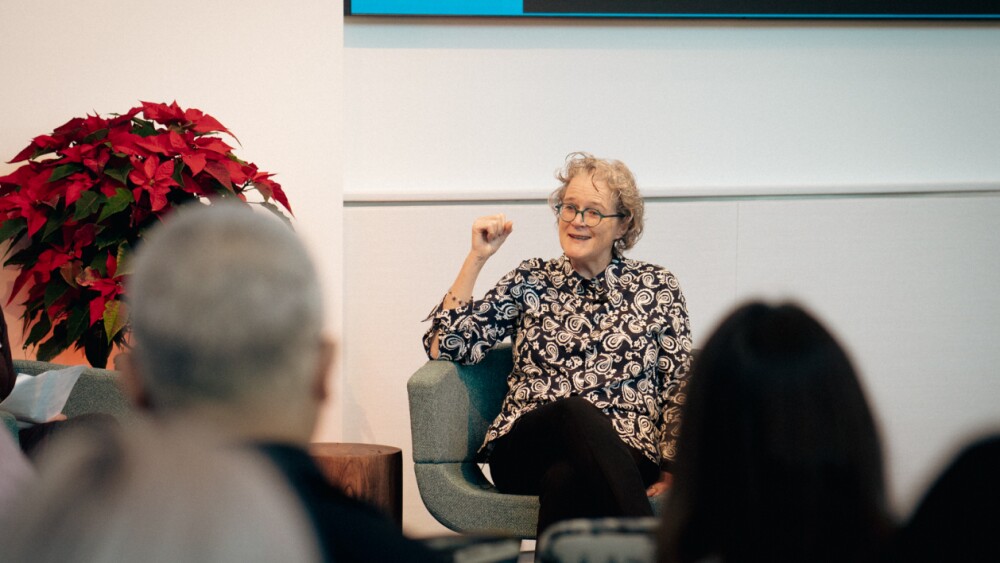December 8, 2014
By Riley McDermid, BioSpace.com Breaking News Editor
Two marquee-name immunotherapy drugs from Bristol-Myers Squibb and Merck & Co. have shown some early promise in clinical trials conducted to treat patients with Hodgkin’s lymphoma, a sign Wall Street is taking that the two might be able to fight other types of cancer.
Both drugs, Merck’s Kytruda (pembrolizumab) and BMY’s Opdivo (nivolumab) work by boosting the immune system by blocking the PD-1 pathway. Keytruda has already been approved by the U.S. Food and Drug Administration to treat melanoma, but recent study results suggest Merck will likely ask the regulator for permission to use the drug on wider indications.
Keytruda shrank tumors in 66 percent of a group of 29 patients, with 21 of those patients going into complete remission during a Phase 1 trial. Opdivo was even more effective at shrinking tumors, minimizing the growths in 87 percent of 23 patients, with 17 percent going into remission, during its Phase 1 trial.
Immunotherapies are particularly popular right now because they use a patient’s own immune system to help fight off disease—and companies have rushed in to get a piece of the action. Bloomberg reported Monday that AstraZeneca Plc , Roche , Merck and Bristol-Myers have rolled out at least 78 clinical trials on such drugs in 2013 alone.
The target market for both drugs, even if approved only to treat Hodgkin’s lymphoma, is significant, if not large enough to be called a chronic condition, like diabetes or high blood pressure. The National Cancer Institute has estimated that around 9,200 people will be diagnosed with the disease this year, which affects the white blood cells and its most commonly found in people aged 15 to 25 or older than 55. Of those, 1,180 people will likely die.





